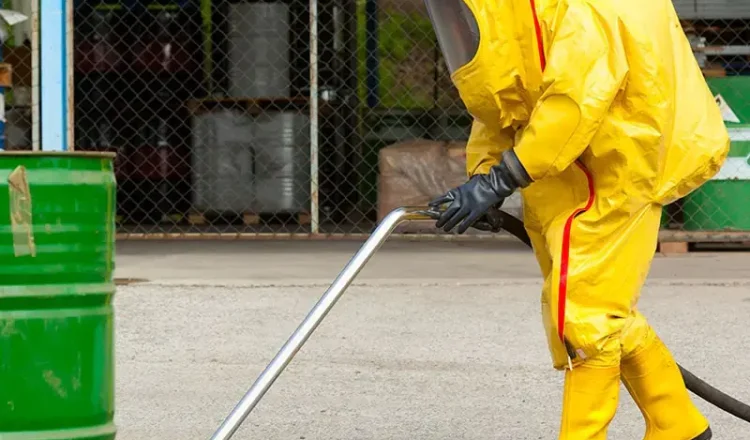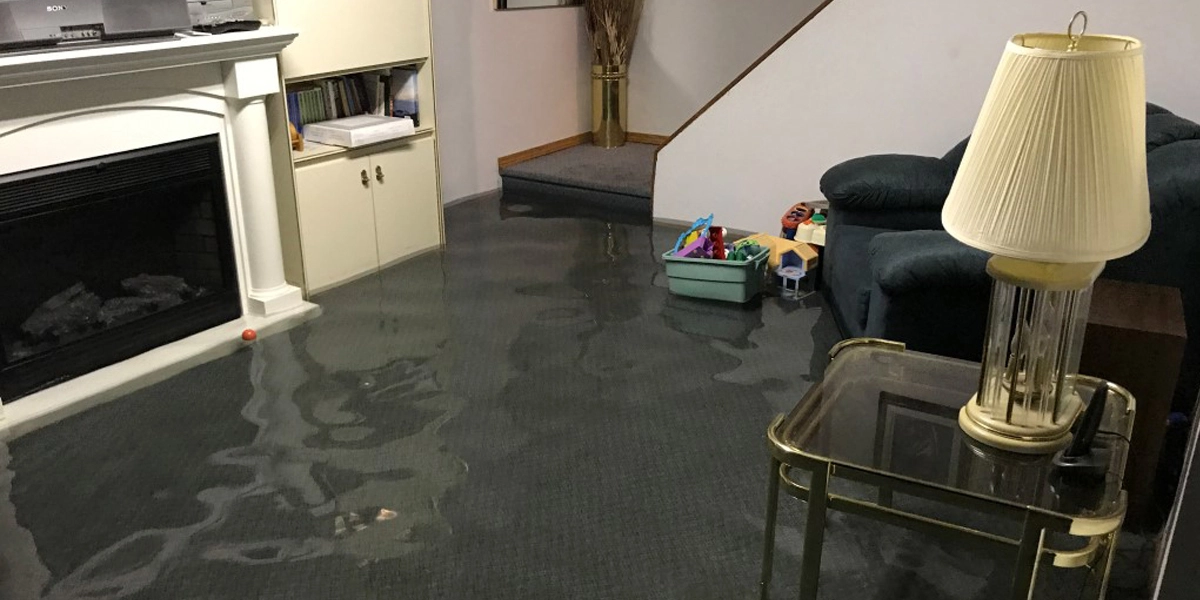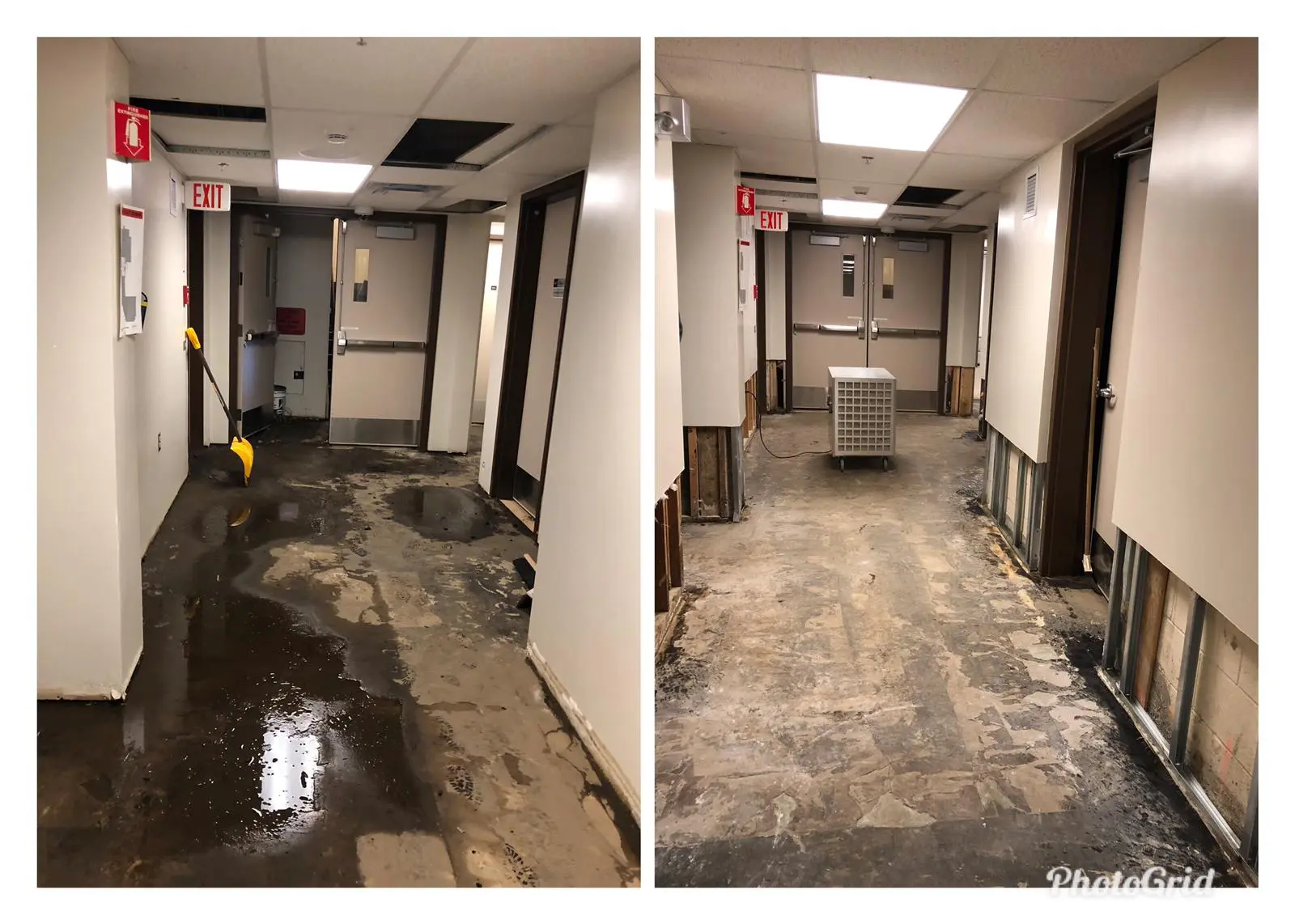How Quickly Can a Spill Response Team Arrive at Your Location?
What Factors Affect Spill Response Time?
When dealing with hazardous spills, time is of the essence. The speed of a spill response service depends on several key factors, including the location of the spill, the type of hazardous material involved, and the response team’s proximity. Urban areas often experience faster response times than remote locations due to better infrastructure and accessibility.
Another crucial factor is the availability of a trained spill response team. Companies with 24/7 emergency services can mobilize more quickly than those operating on limited hours. Additionally, businesses that have pre-arranged emergency response agreements tend to receive priority assistance.
How Do Spill Response Teams Mobilize in an Emergency?
A well-equipped spill response service follows a structured approach to ensure efficiency and safety. Once notified of a spill, the team immediately assesses the situation, determines the severity, and dispatches the appropriate personnel and equipment.
Most spill response teams have pre-packed emergency kits, specialized vehicles, and protective gear ready for deployment. The ability to act swiftly can significantly reduce the environmental impact and prevent potential hazards from escalating.
How Can Businesses Ensure Faster Spill Response?
To minimize delays, businesses should implement proactive measures, such as establishing an emergency response plan. Partnering with a reputable spill response service provider ensures that help is just a call away.
Training employees on spill prevention and emergency procedures can also help contain the situation before professionals arrive. Maintaining an updated contact list of local spill response providers further enhances preparedness.
What Is the Role of Environmental Remediation in Spill Response?
Effective spill response goes beyond initial containment; it involves thorough environmental remediation to restore affected areas. Remediation efforts include soil decontamination, water treatment, and hazardous waste disposal.
Without proper remediation, pollutants can seep into the ground, contaminating water sources and harming ecosystems. A professional spill response service ensures that clean-up efforts comply with environmental regulations and safety standards.
How Fast Can a Spill Response Team Arrive in Different Locations?
Response time varies based on geographic location and accessibility. Urban areas with a dense network of response teams may see arrivals within 30 to 60 minutes. However, remote or rural locations may experience longer wait times due to travel distances and logistical challenges.
Companies with multiple response units strategically positioned across regions can reach affected sites faster. Some providers also use real-time tracking and GPS technology to optimize routes and minimize delays.
What Are the Steps in a Rapid Spill Response?
A rapid spill response service follows a systematic process:
- Emergency Notification: Affected businesses contact the spill response team with details of the spill.
- Situation Assessment: The team evaluates the spill type, volume, and potential risks.
- Mobilization: Response teams deploy personnel, vehicles, and equipment.
- Containment and Control: The spill is contained to prevent further spread.
- Clean-up and Remediation: Contaminants are removed, and environmental restoration begins.
- Final Assessment and Reporting: The area is evaluated to ensure safety compliance.
How Does Environmental Remediation Prevent Long-Term Damage?
Spills can have devastating long-term effects on soil, water, and air quality. Immediate environmental remediation is essential to mitigate these risks. Remediation involves advanced techniques like bioremediation, chemical treatment, and filtration systems.
Proper remediation not only restores the environment but also helps businesses comply with legal requirements. Failing to address contamination promptly can lead to hefty fines, legal liabilities, and reputational damage.
What Industries Rely on Fast Spill Response Services?
Several industries depend on quick spill response, including:
- Manufacturing: Industrial facilities handle hazardous materials that require prompt containment.
- Oil and Gas: Spills in this sector can cause severe environmental damage, necessitating immediate action.
- Transportation: Fuel and chemical spills from accidents need rapid clean-up to prevent road and water contamination.
- Healthcare: Medical facilities deal with biohazardous spills that pose health risks.
- Construction: Sites handling chemicals and fuel must have emergency spill plans.
How Can Businesses Prepare for a Spill Emergency?
Being proactive can make all the difference in a spill emergency. Here are some steps businesses can take:
- Conduct regular risk assessments to identify potential spill hazards.
- Train employees in spill response procedures and safety measures.
- Maintain spill containment equipment on-site, such as absorbents and barriers.
- Establish a partnership with a reliable spill response service provider.
- Develop and test an emergency response plan to ensure readiness.
Why Is Choosing the Right Spill Response Service Important?
Not all spill response providers offer the same level of expertise and efficiency. When selecting a service, businesses should consider:
- Response Time: How quickly can the team arrive?
- Experience: Do they have expertise in handling specific hazardous materials?
- Compliance: Do they follow environmental laws and regulations?
- Availability: Are they available 24/7 for emergencies?
- Remediation Services: Do they provide full environmental remediation solutions?
Conclusion: How Quickly Can You Expect Help in an Emergency?
The speed of a spill response service depends on multiple factors, but businesses can improve response times by being well-prepared. Partnering with an experienced provider, training employees, and having emergency plans in place ensures that spills are managed swiftly and effectively.
Beyond immediate containment, proper environmental remediation is crucial to restoring safety and preventing long-term damage. By taking a proactive approach, businesses can protect the environment, comply with regulations, and minimize operational disruptions.
recommended for you
SUBSCRIBE, SAVE & BE HAPPY
Be the first to know about new products, sales and specials!







